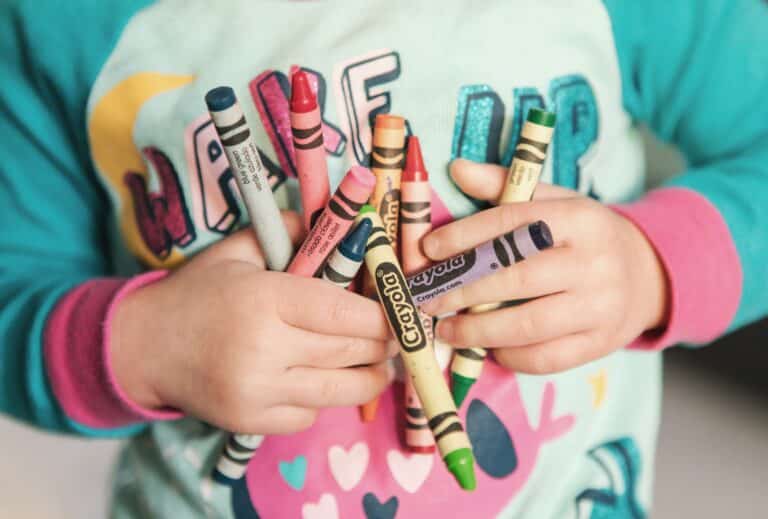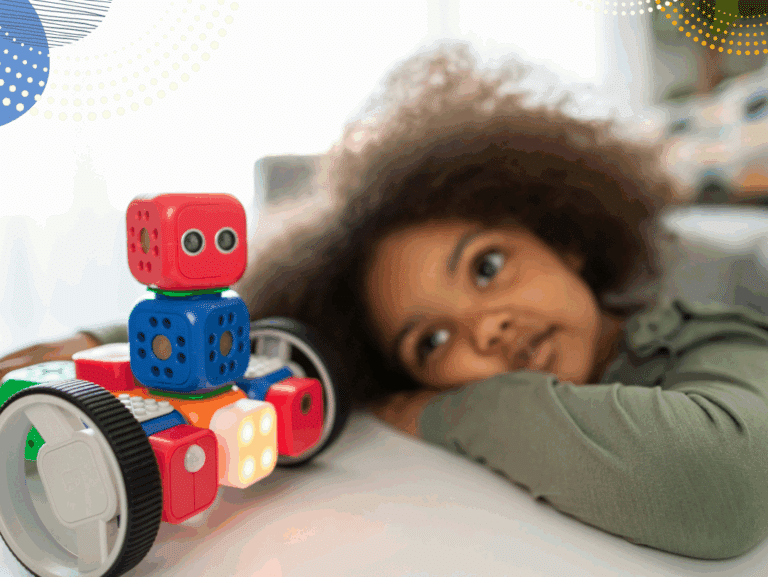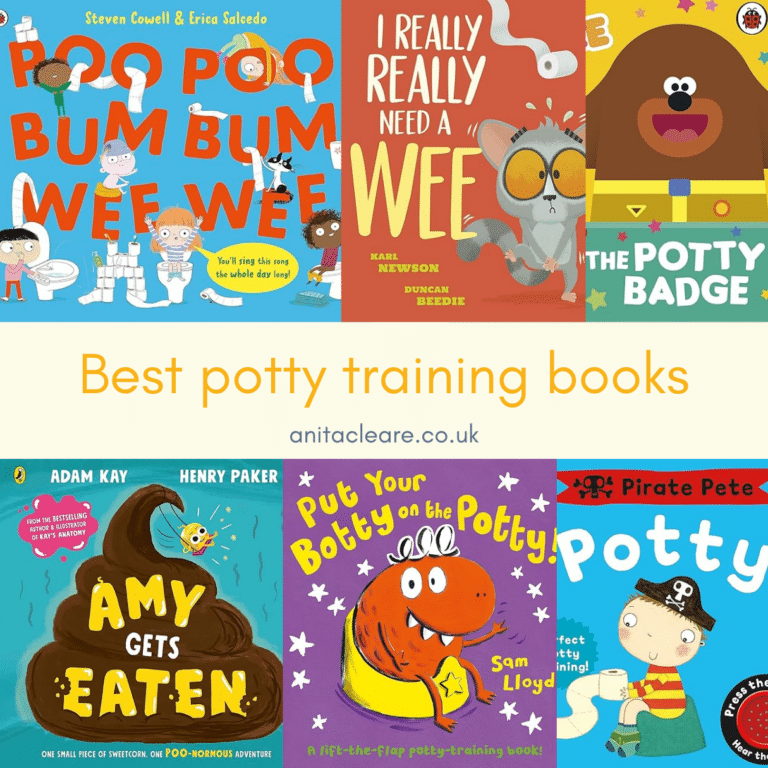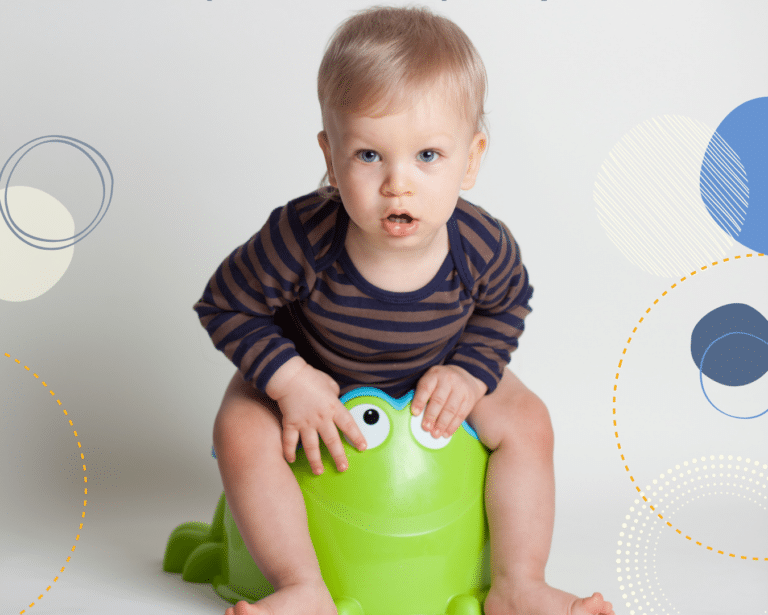The importance of school readiness skills for preschoolers
Contrary to popular belief, being able to read, write or do arithmetic are the least important skills that a pre-schooler needs in order to be ready to start school. In fact, only 4% of teachers rate these as important factors in ‘school readiness’.
So what is school readiness, why is it important and what can parents do to ensure their pre-schoolers get off to a flying start at school?
The most important factors that determine whether a preschooIer is ready for learning have nothing to do with knowledge and everything to do with attitude. The best learners (whether they are four or eighty-four) are independent, confident to try things out and, above all, curious. For a four-year-old, that means being able to manage their own bodies and interact competently with their environment, being able to recognise similarities/differences, trying different solutions to solve problems and using words to ask questions.
Managing their own bodies is essential – if children aren’t able to go to the toilet by themselves (and wipe properly using toilet paper, not wipes!) or to get dressed and undressed for PE then the extra time that takes can impinge on their classroom participation. So teaching them to be physically independent is essential.
But most of the school readiness skills don’t involve any teaching at all, they are developed through play. Play is the way that children learn about their world and learn to enjoy discovering. So provide as many different opportunities for play as possible in stimulating environments. Talking, listening, chatting are all important too, as well as reading stories and looking at picture books. Lots of opportunities to socialise with children of different ages will also help.
Here’s a quick school readiness checklist to help you assess if your pre-schooler is on track:
Motor skills
- can hold and use a pencil
- can sit still and listen to a short story
Language skills
- talks in sentences
- uses descriptive language (eg adjectives like big, beautiful, blue)
- expresses ideas with words
Reading skills
- looks at books independently (eg pretending to read the pictures to him/herself)
- can describe characters’ actions and feelings in a story
- recognises rhyming sounds and words
Maths skills
- understands comparisons (eg more/less, bigger/smaller, light/heavy)
- recognises shapes and numbers
- categorises and groups objects (according to size/shape/colour etc)
Social skills
- uses words to solve conflicts
- co-operates with others (adults and children)
- listens to instructions
Life skills
- goes to the toilet independently and washes their hands
- feeds themselves using a knife and fork
- uses a tissue to wipe their own nose
- can dress and undress independently
- helps with tidying up
If your child is anxious about starting school, check out these Books for helping children cope with change and Top Ten Starting School Books.








Great post Anita. I think we can easily get tied up with feeling our children need to be arrive reading, writing, drawing etc. But they don’t. I felt quite stressed initially but soon realised there was no issue because my child didn’t know his letters.
A curiosity about finding things out is the absolute best thing we can foster in our pre-schoolers – but the pressure for them to be meeting academic targets can really muddy that message.